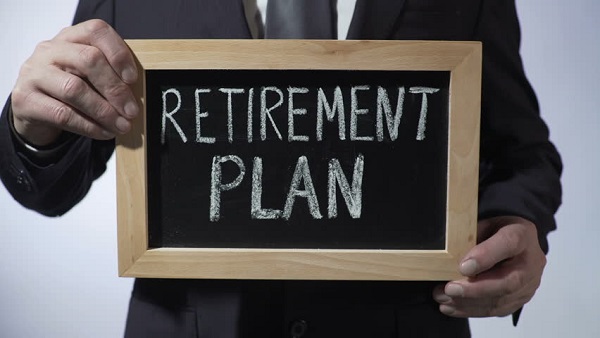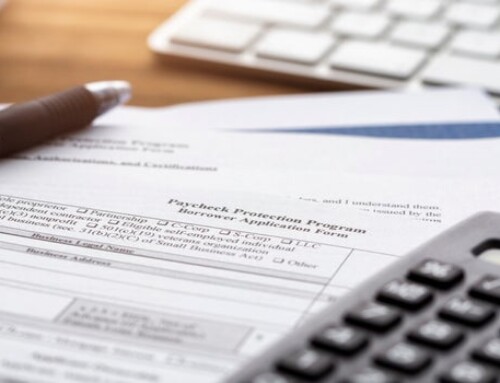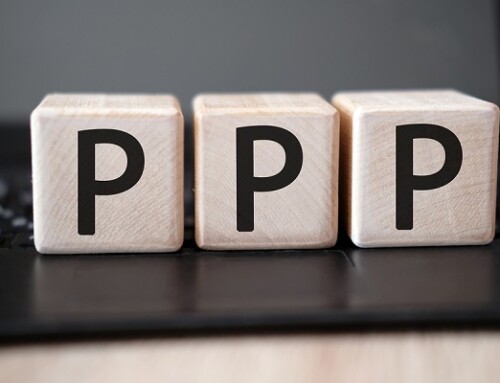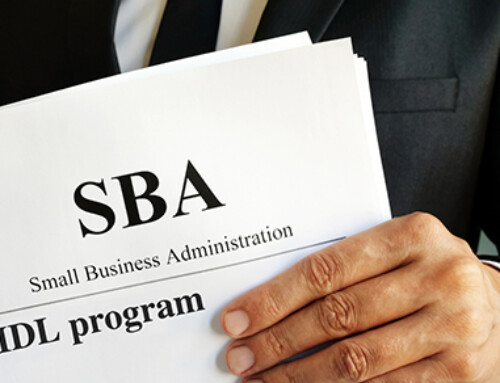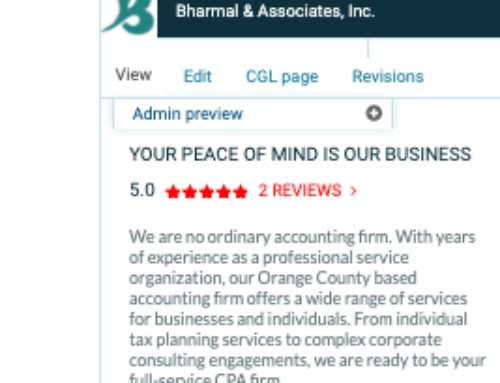Tax-free compounding is like a miracle drug for your retirement. That’s one big reason we recommend a retirement plan.
And when you get this retirement plan setup correctly, you take away the stress of the future. It’s a money habit that boosts your wealth. You have many retirement plans to choose from, but let us expose you to two of the most popular: the Simplified Employee Pension (SEP) and the 401(k).
To give you the big picture, let’s look at the plans as if they exist for you in 2017, and let’s also say your business is treated as a self-employed business and you have no employees. The amounts you contribute in the examples below produce tax deductions and then grow tax-free.
Example 1. In 2017, you earn $30,000 from your self-employed business. You are under age 50.
- SEP. With a SEP, you may contribute $6,000 (20 percent x $30,000).
- 401(k). With a 401(k), you can make two contributions totaling $24,000:
-
- Employee contribution of $18,000
- Employer contribution of $6,000 (20 percent x $30,000)
Example 2. You earn $100,000 from your self-employed business. You are under age 50.
- SEP. With a SEP, you may contribute $20,000 (20 percent x $100,000).
- 401(k). With a 401(k), you can have two contributions totaling $38,000:
- Employee contribution of $18,000
- Employer contribution of $20,000 (20 percent x $100,000)
Example 3. You earn $300,000 from your self-employed business. You are under age 50.
- Under both the SEP and 401(k), you max out at $54,000.
You have more to consider when you have employees working in your business. Contributing to employees’ retirement plans changes the dynamic and may require that you use plans other than or in addition to the SEP or the 401(k).
One rule of thumb when you are in business for yourself is to pay yourself first. Putting some of this pay-yourself-first money into your retirement plan is a wise choice because you can’t simply tap that retirement plan without suffering tax penalties. This helps put a lock on the money so you have that money for retirement as originally planned.
We strongly believe that you should establish a retirement plan now while you have many years for it to compound tax-deferred. Let’s find a time when we can discuss the options you have and what you might do now.
